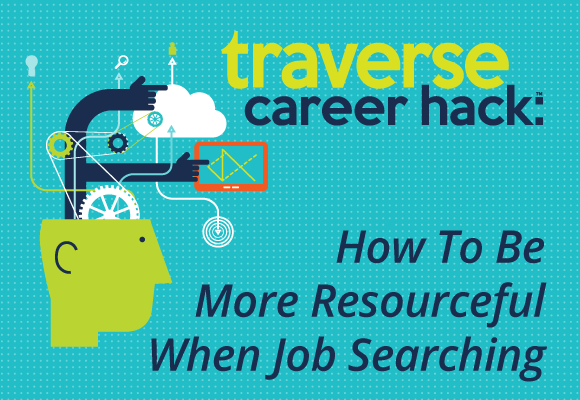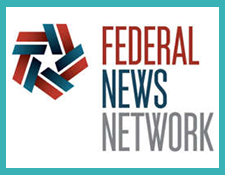
In 2020, you likely discovered your resilience, based on the many challenges you faced in life and career. Resilience speaks to your ability to bounce back from a setback, overcome adversity, and strengthen yourself mentally.
But what about your resourcefulness?
Resourcefulness hasn’t gotten as much airtime, although it is just as crucial in this new, Covid-19 landscape. Resourcefulness is your ability to think creatively or imaginatively in finding solutions, and it can be key to conducting a successful job search during challenging times.
Instead of: Waiting for a recruiter to find you, crossing your fingers you will do well during that interview, or hoping the universe sends you the bat signal ...
Try: Shaping and executing your job search – resourcefully.
- Use LinkedIn to help you goal-set and gather new information. When embarking on a job search, it’s important to know what you want. For example, if you are a project manager and like what you do but want to change companies or industries, that is a much different scenario than finding yourself at a “what should I do with my life?” crossroads. As a Career and Executive Coach, I can assure you that both can be done, and both require gathering important data.LinkedIn is a great tool for this, and I don’t mean simply building your profile to say you have one. I mean using this platform to dig into companies, make connections with people who work inside organizations you are interested in, and identify people who are in careers that appeal to you. THEY have the information YOU need to make a well-informed career decision. Is working in the nonprofit industry as rewarding as it looks? What does starting your own business entail? Stop wondering and find people who can tell you.
- Think of your resume as a tool to open doors. You will always need a resume, and you should keep it updated as your career evolves. Once it’s good to go, think (resourcefully!) about how you can get it into the right hands.
For example, it’s obvious that you’ll need your resume handy when applying for a job. But how do you use it when networking or conducting an informational interview? In these scenarios, you may shirk from sending over your resume, for fear it will look like you are asking that person for a job. However, think about it another way: Sending your resume prior to the call or virtual coffee provides the other person with important information about your career history – something you will both be prepared to talk about. Really, this document is a conversation starter.
- Research your interviewers. In job interviews, the key is to know yourself so well that you can speak to your strengths, provide examples of your achievements, and translate your value into how you can do the same for a potential employer (and in a very short period of time). Take your resourcefulness to the next level by researching your interviewers, and bringing that data into your interview through active participation.
For example, be prepared to ask your potential manager about her career path, what it’s like to work for the organization, and what her own goals might be. You may also pick up cues about her leadership skills, employee morale, or challenges that exist internally – all of which help you decide whether you would like to work for this company. What’s more, asking good, specific questions allows you to personalize your exchange. They’ll notice you’ve done your homework, and they’ll remember you for it.
If you work on one skill to help advance your career this year, let it be your resourcefulness. Thinking resourcefully about how to search for a job, expand your network, and participate in an interview may be the next “it” skill as this new, Covid-19 landscape continues to unfold.
Look for “How to Be Resourceful at Work” in my next Career Hack!

